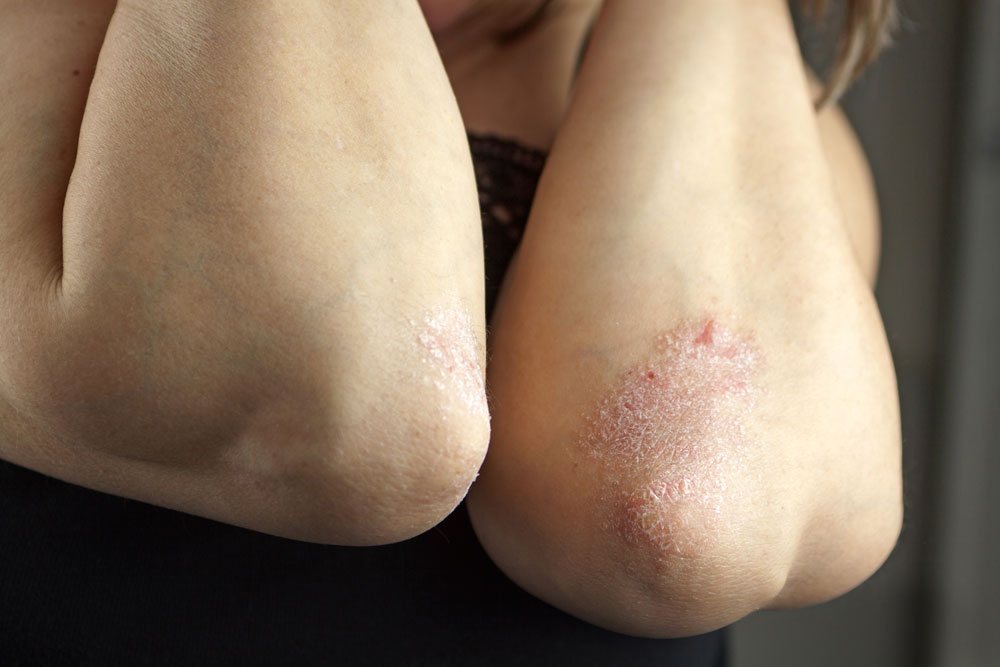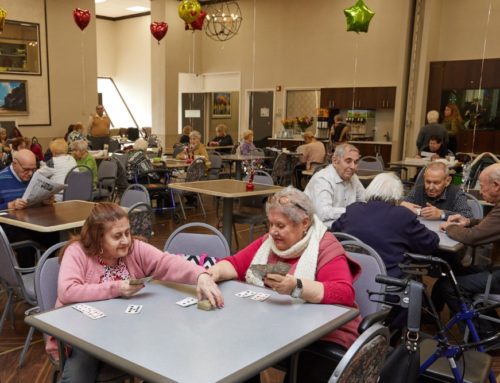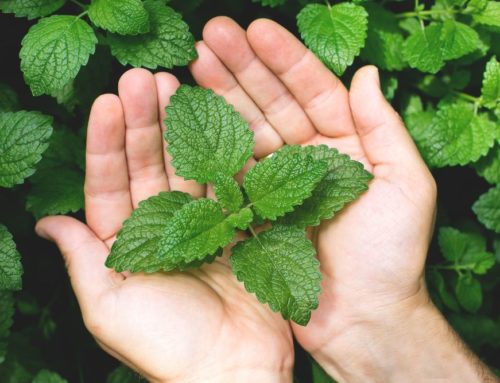Eczema Causes And Flare-Ups: How To Get Rid Of Them
If you have inflamed, itchy skin there’s a good chance that you have one form of eczema or another. Three of the more common types of eczema are atopic eczema, contact dermatitis, and discoid eczema. It’s worth learning about eczema causes given that millions of Americans have eczema, and symptoms can get worse with age.
Eczema causes rough, scaly patches of red skin and in severe cases swelling, crusting and oozing. While this common skin condition is not contagious, it can affect your physical and mental well-being. Don’t try and self-medicate – be sure to get professional medical care.

What Are The Causes And How To Make Eczema Go Away?
People with eczema often experience flare-ups which may be aggravated by changing weather or emotional stress. Other eczema causes vary depending on the type of eczema but are often related to allergies. For instance, people with atopic dermatitis may be more likely to develop hay fever or asthma.
Eczema triggers include irritants such as soap, perfumes, dust mites, animal hair and certain fabrics, such as wool and synthetics. Hormonal changes, skin infections and food allergies are further possible causes.
Contact dermatitis may be caused by acids and alkalis, fabric softeners, hair dyes, cement, adhesives,
harsh detergents, and certain metals. While there is no cure for eczema, it is possible to manage symptoms and reduce the risk of flare-ups.
Treatment options include ointments and moisturizers to keep the skin hydrated and reduce itching and cracking. Use cooler water for bathing and gently dab the skin dry with a towel rather than rubbing; avoid tight clothing.
What foods to avoid if you have eczema?
Eczema causes may be aggravated by food allergies. As a general rule, eczema sufferers should avoid foods containing preservatives and artificial ingredients. You should also try and cut out foods containing trans fats such as margarine, processed food, and fast food.
Is eczema a sign of a weak immune system?
Eczema causes an inflammatory response which manifests itself in itchy skin and may be indicative of an over-reactive immune system. But different kinds of eczema affect people in different ways so it’s difficult to determine precise causal links.
Does drinking water help eczema?
Drinking plenty of water is a basic way of keeping your body healthy and hydrated. However, drinking lots of water, by itself, will not cure eczema. Some research suggests drinking soft water may be better for eczema sufferers that drinking hard water.
Eczema is usually related to other medical and health conditions such as asthma, allergic rhinitis, food allergies, infections and many other health issues. Also, it is linked to gut health. So, it is important to seek medical advice and do something about it.
Some of elderly clients at Fairview Adult Day Care Center in Brooklyn NY have eczema flare-ups and our professional staff know how to manage them. We are well versed in eczema causes and treatment, a key part of which is loving care and emotional support.
This article is for educational and informational purpose only and does not substitute for professional medical advice. For any questions about your own health condition, speak to a qualified physician or healthcare provider.







Leave A Comment